From our founding the CCC has believed that conservationists across the globe need to be using a more inclusive approach. To this end, in partnership with the Warner College of Natural Resources Diversity and Inclusion Program, our Fellow Program 2021 request for proposals encouraged participation from underrepresented groups and projects that engage marginalized communities that are typical underserved. We received several excellent proposals that led to our funding seven fellows working on equitable access to protected areas for disabled and under-represented communities in Brazil, living with carnivores in a pastoralist society in Tanzania, and clean water in the South Platte River in low-income communities of color in Colorado’s Denver and Adams counties.
We are pleased and proud to celebrate the completion of the Fellows Program for Cohort 11!
While the global pandemic significantly impacted virtually every aspect of their original projects (including goals, deadlines, team members, and relationships), our Fellows persevered and accomplished meaningful and important activities:
I am impressed by these accomplishments, and appreciate all that these individuals and teams were able to bring to the Cohort, the CCC, and to the practice of collaborative conservation. Please join me in congratulating Cohort 11!
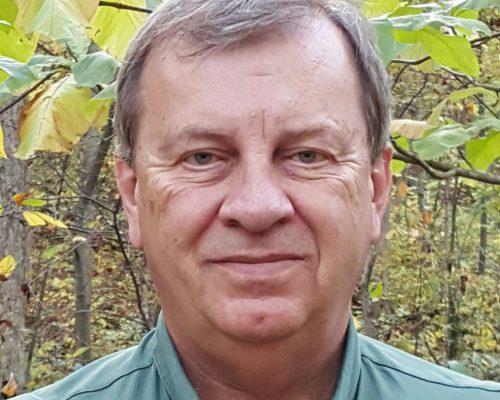
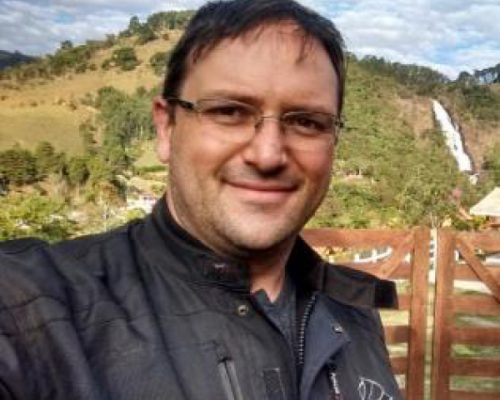
Manager of SESC’s (Commerce Social Service) Bertioga Private Nature Reserve
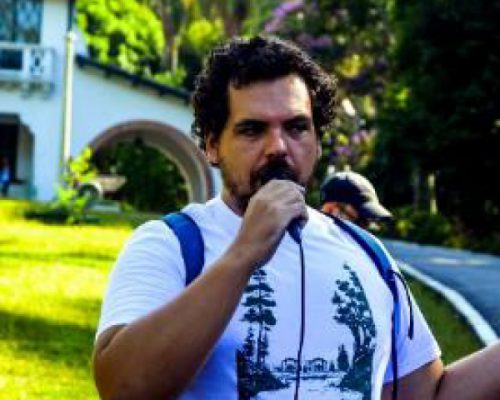
Coordinator of the Young Leaders Network of Protected Areas Conserved in Latin America and the Caribbean
This project compares and contrasts two urban Brazilian protected areas experiences in environmental education, justice and accessibility with that of Colorado Front Range urban protected areas. The main goal of the project is to develop strategies for urban protected areas to improve access to, and accessibility for, people with disabilities and those from lower income inner city communities that seldom visit or have access to protected areas. Objectives include: 1) Promote an exchange of experiences on good management practices in urban protected areas related to low-income and disabled people between the Colorado Front Range and Brazil and within Brazil, 2) Create recommendations for environmental interpretation and installation of infrastructure that serve audiences with special needs suitable for wide dissemination and replication in Brazil, 3) Conduct an online course for Brazilian educators on environmental interpretation, with specific thematic modules on reaching and appropriate messaging for low-income and disabled audiences. Collaborators include: SESC (Commerce Social Service) in Brazil, INPA (National Research Institute of the Amazon) in Brazil, CSU’s Center for Protected Area Management, and additional collaborators from academia municipal, state and federal protected area managers in Brazil and Colorado’s Front Range.
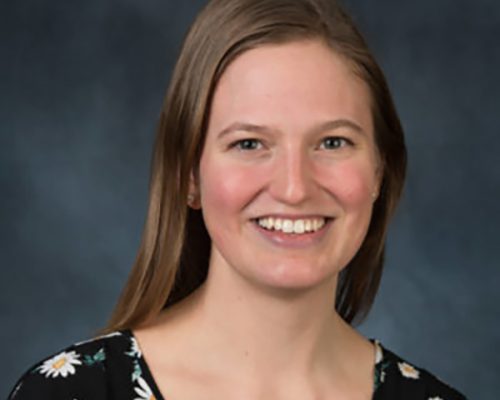
Agricultural Water Specialist, Colorado Water Center, CSU
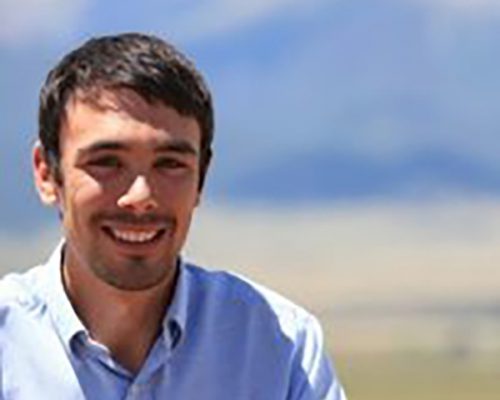
Water Resource Specialist, Colorado Water Center and CSU Extension
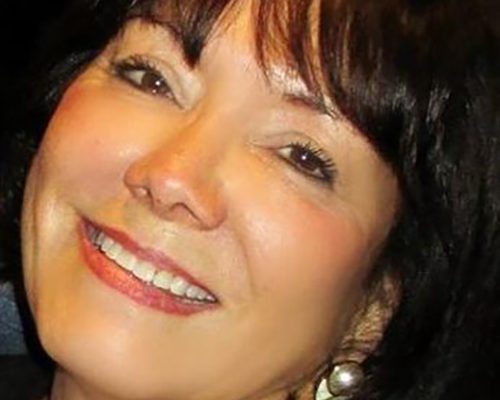
Founder and Principal of Nuevo Amanecer, LLC. – Denver, CO
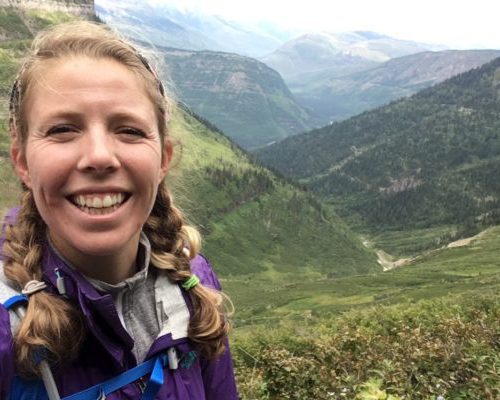
MS student in Human Dimensions of Natural Resources, CSU
Human-carnivore conflict is among the most significant threats to African lions. Across Africa, this conflict typically involves livestock depredation and retaliatory carnivore killing by livestock owners. Because these negative carnivore experiences are shared across wide social networks, such as among friends and families, they play a tremendous role in shaping children’s tolerance of carnivores at individual, community, and landscape scales. This project addresses the question: What role can formal and informal conservation education play in shaping children’s carnivore tolerance to better inform targeted conservation interventions? Working with collaborators at the Ruaha Carnivore Project (RCP) in Tanzania, this project will evaluate the impact that RCP educational programming has on shaping carnivore tolerance in children by 1) measuring student perceptions of carnivores, 2) measuring confounding factors such as past carnivore experience among friends or family members, 3) identifying which type(s) of conservation messaging is most effective in shaping carnivore tolerance, and 4) promoting wildlife awareness and carnivore tolerance through a cross-cultural wildlife sharing project that links Ruaha and Fort Collins elementary schools. Collaborators for this project are: the Ruaha Carnivore Project, the Harris Elementary School in Fort Collins, Colorado; and the Human Dimensions of Natural Resources Department at CSU.
363 Michael Smith Building
Warner College of Natural Resources
1401 Campus Delivery,
Colorado State University
Fort Collins, CO 80523
SEE MAP

Apply to CSU | Contact CSU | Disclaimer | Equal Opportunity | Privacy Statement
© 2021 Colorado State University